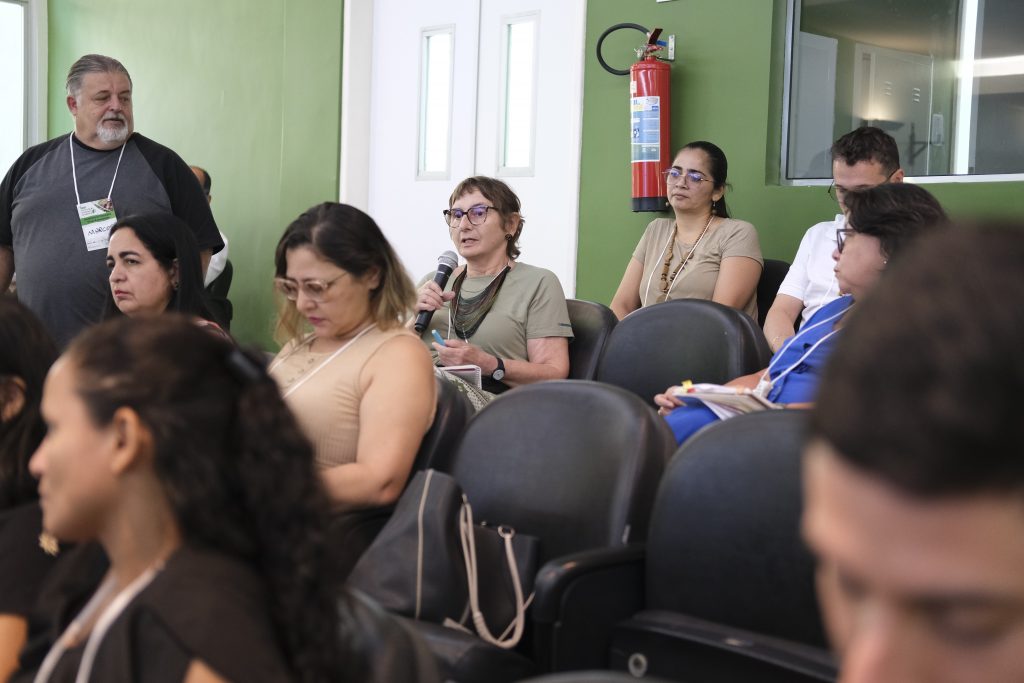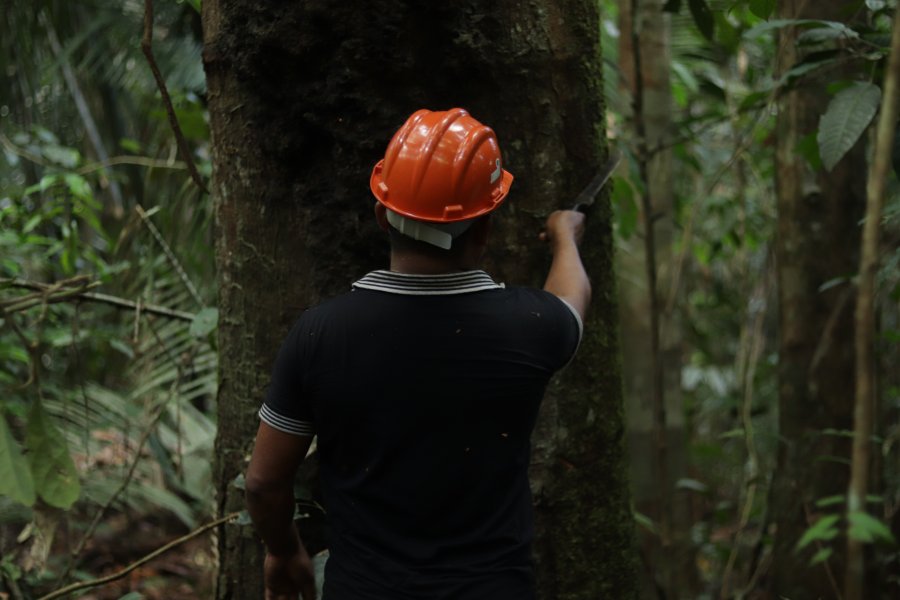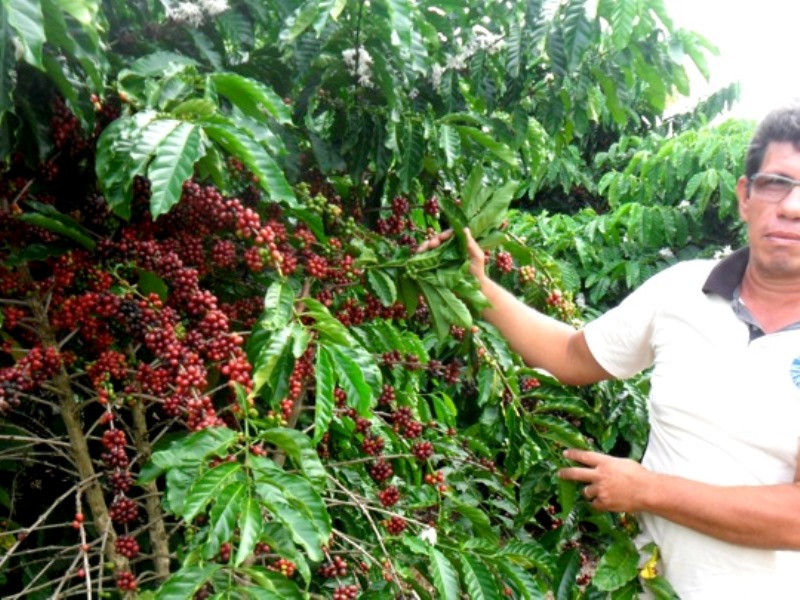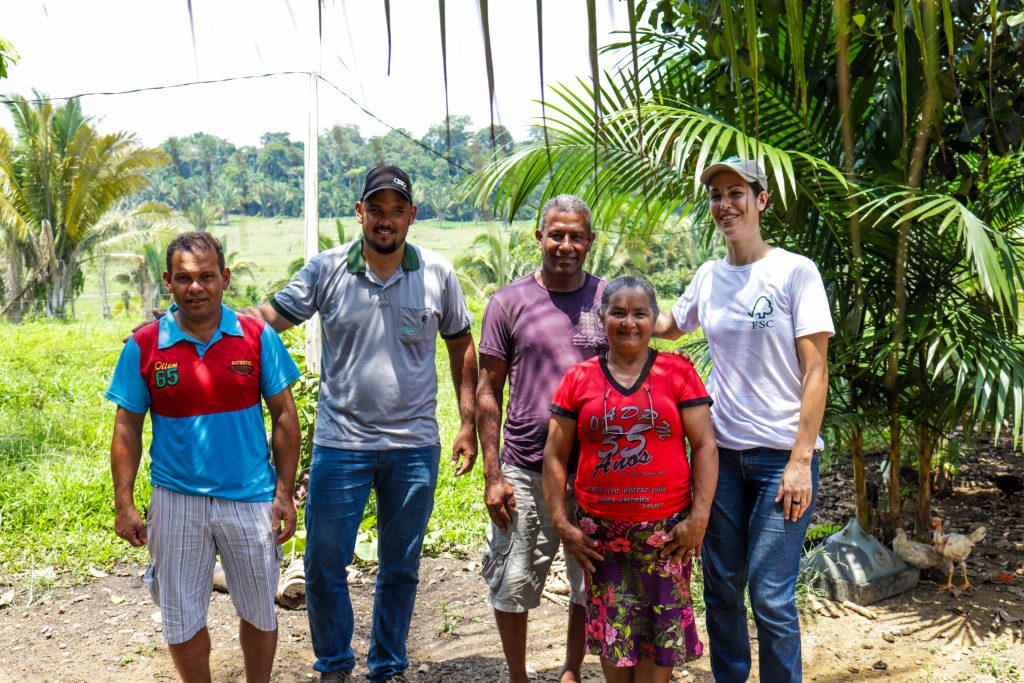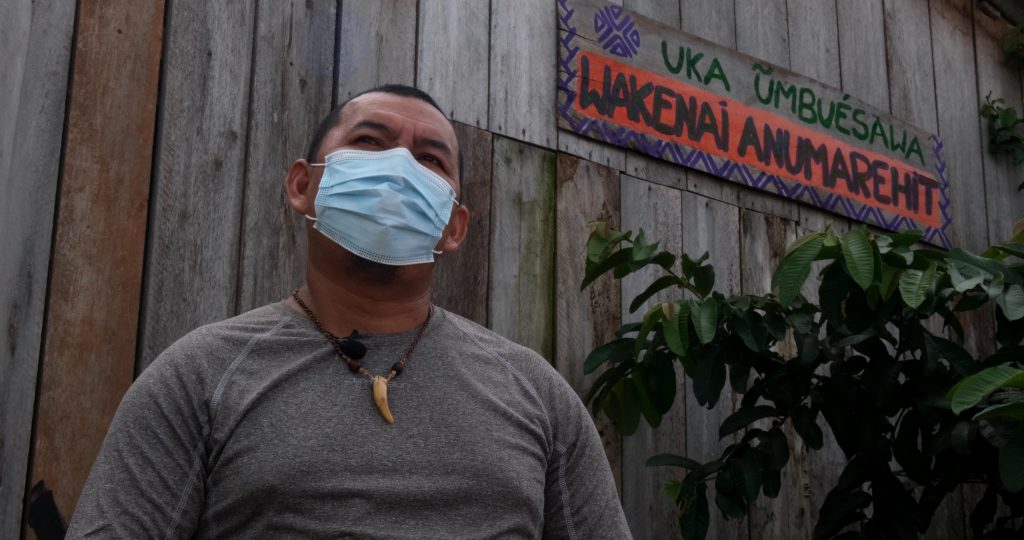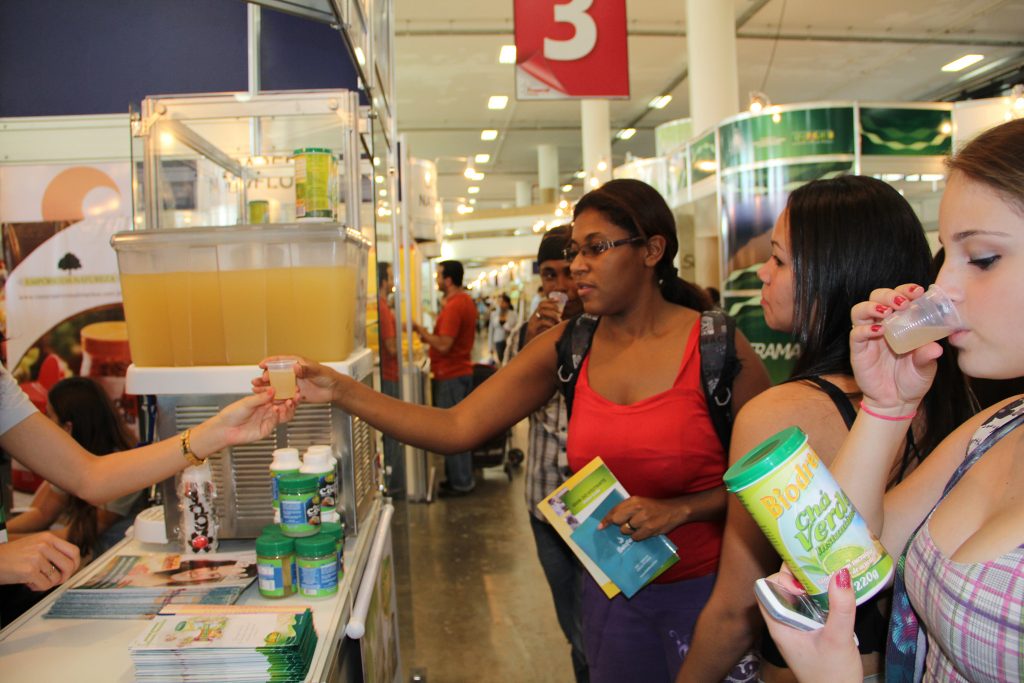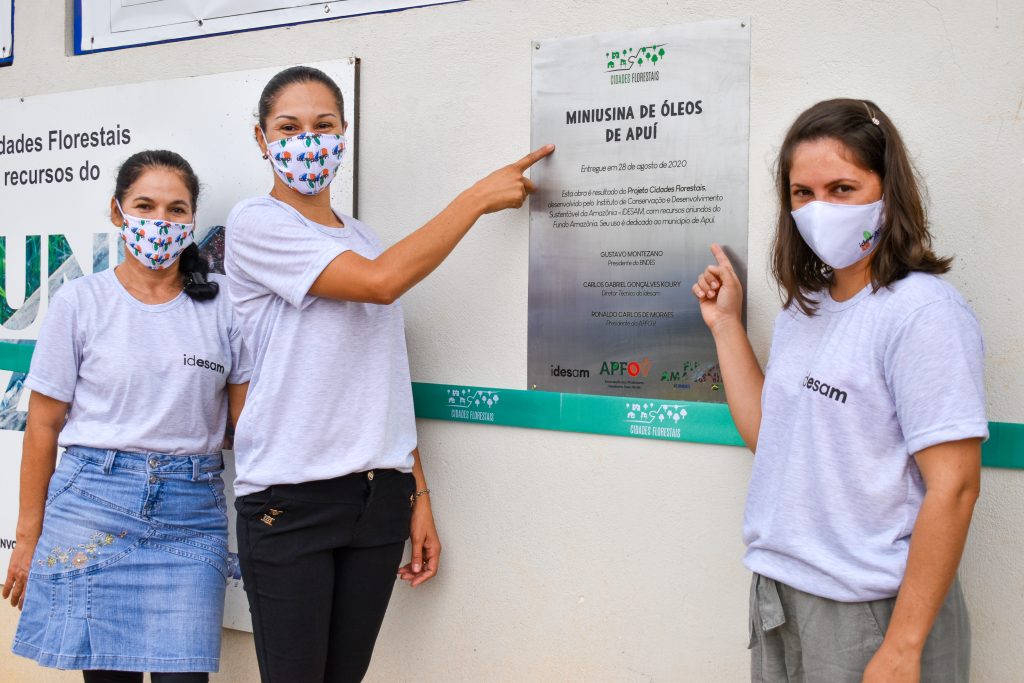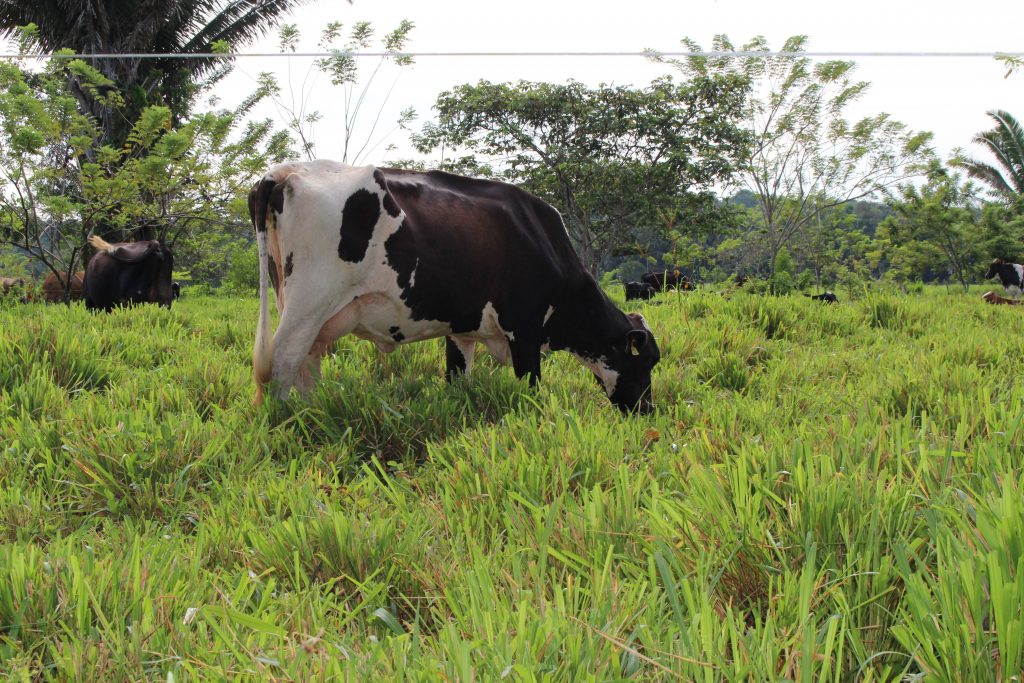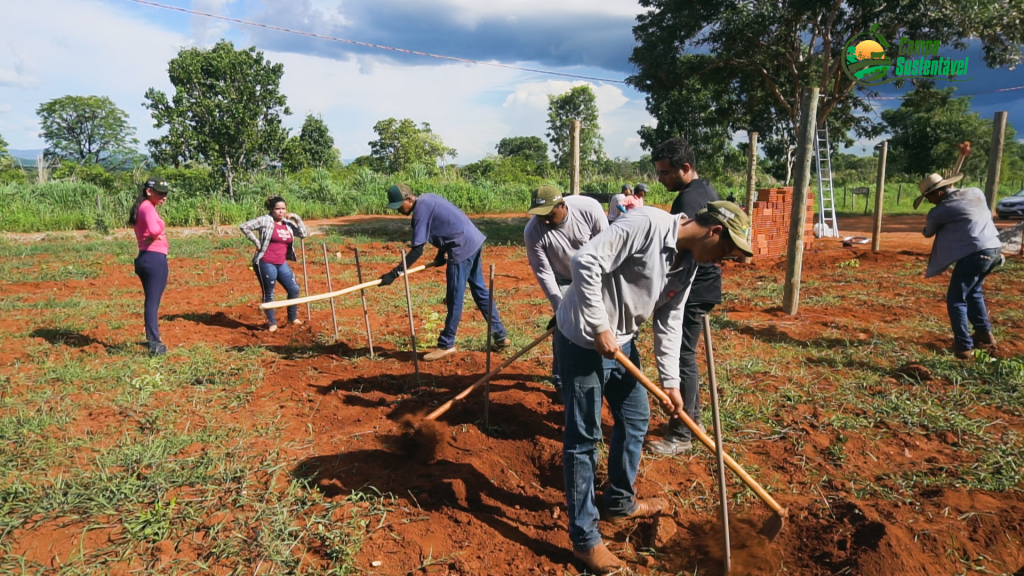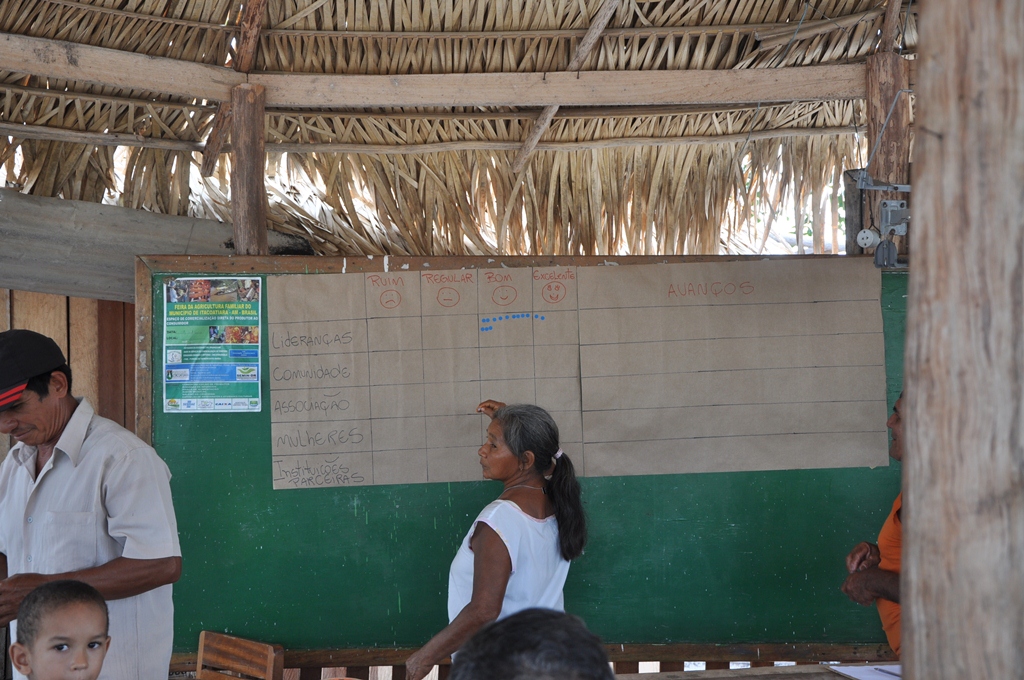
“Forest Cities: Madeira-Purus” strengthens production and organization of Conservation Units
Initiative aims to promote the environmental and financial sustainability of the Conservation Units in the region
By Idesam
Translated by Felipe Sá
Photo: Idesam
A little more than two years ago, Idesam started the actions of the Forest Cities project (Cidades Florestais in Portuguese), which seeks to foster the development of Amazonian communities through the multiple and responsible use of the forest. Now in 2020, Idesam launches the “Forest Cities: Madeira-Purus” project, focusing on the financial sustainability of Protected Areas and income generation for at least 180 families from communities in the four Conservation Units (UCs in Portuguese) located in the Madeira-Purus interfluvial region.
The new initiative, also supported by the Amazon Fund/BNDES – with institutional arrangement of the Institute of Ecological Research (IPÊ) and Gordon and Betty Moore Foundation – intends to implement mechanisms of governance, of sustained use of natural resources, besides systems of monitoring/protection and integration of all these elements with local and regional development. Extractive and riverine associations living in protected areas will be fundamental agents in this process.
The scope of the initiative will be mainly to encourage economic activities that value the correct use of natural resources, having as one of the main fronts of action the development of leaders for the management of social enterprises. The consolidation of forest production chains and the monitoring of the biodiversity use through the “Forest Cities” application are also foreseen in the project’s line of action.
According to Marcus Biazatti, technical coordinator of the project, the regions chosen to integrate the activities suffer high pressure from deforestation and illegal logging. In addition to that, social organizations in the region have low organizational and management levels, with weakened and almost non-existent productive processes and low employment of technologies for production.
“The lack of promotion of productive chains and technical assistance also means low added value to the products, with inconsistent offers. With all this scenario, integrating sustainable productive chains in these Conservation Units is one of the main objectives of the project”, stresses Biazatti.
Among the main results expected for the 6 municipalities of the state of Amazonas, the project is expected to make possible three organizational development plans, two Community Forest Management Plans, in addition to supporting the commercialization of 170 cubic meters of sawn timber and two tons of non-timber products. Besides this, the expected scenario with the project is that the people who lead it come out stronger in terms of local governance, with qualified labor and more income generation in the communities.
The Tapauá State Forest Residents Agroextractivist Association (AAMAFET), the Ituxi River God Assembly Agroextractivist Producers Association (APADRIT), the São Sebastião do Igapó Açu Community Association, The Central of Agroextractivist Associations of Democracia (CAAD), the Casa do Rio and the Ituxi RESEX Agroextractivist Cooperative (COPAGRI) are the partner institutions of the project’s actions, which also counts on the support of Sebrae in the institutional and productive support.
About
“Forest Cities: Madeira-Purus” is part of the project Consolidation of Mechanisms to Reduce the Financial Vulnerability of the Conservation Units in the Madeira-Purus area, started in 2020, implemented by Idesam and contemplated by the public notice Integrated Legacy of the Amazon Region (LIRA). The initiative has financial support from the partnership between the Institute of Ecological Research (IPÊ), the Amazon Fund/BNDES and the Gordon and Betty Moore Foundation.

